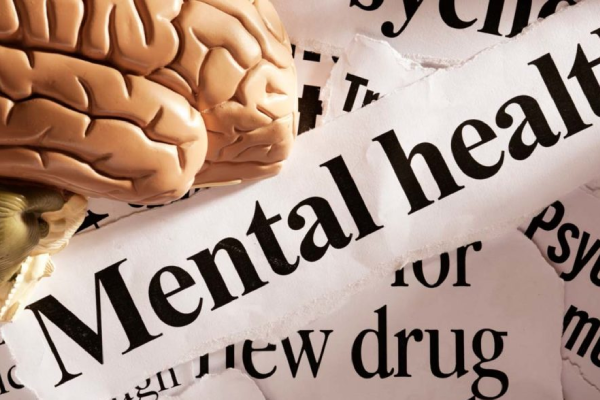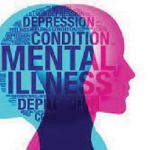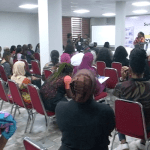Mental health issues have been made worse in recent times, by the covid 19 pandemic due to disease experience, physical distancing, stigma, discrimination and even job losses.
All of which has led to an increase in the prevalence of anxiety and depression by about twenty five percent with the impact expected to linger beyond the pandemic.
The pandemic equally impeded access to mental health services and has raised concerns about increase in suicidal behavior.
One in four persons in Nigeria is dealing with mental health problems with many lacking access to proper services.
This is why mental health advocates in the FCT organised an awareness walk and exercise session to seek for the signing into law of Nigeria’s first mental health legislation by the president.
The national mental health law is expected to provide guidance and be a policy framework for sustainable and effective activities or actions towards addressing mental health disorders in Nigeria.
Advocates used the opportunity to discuss the root causes that trigger mental disorders especially in the youth.
While prevention and treatment options exist, most people with mental disorders do not have access to effective care
According to the World Health Organisation, more than three quarters of people with severe mental disorders in low and middle income countries do not have access to any form of medical treatment, with many of them experiencing human rights violations, discrimination and stigma.
The ministry of health recently established the national mental programme to coordinate a national response and facilitate the development of relevant mental health policies, programmes and interventions in Nigeria.














